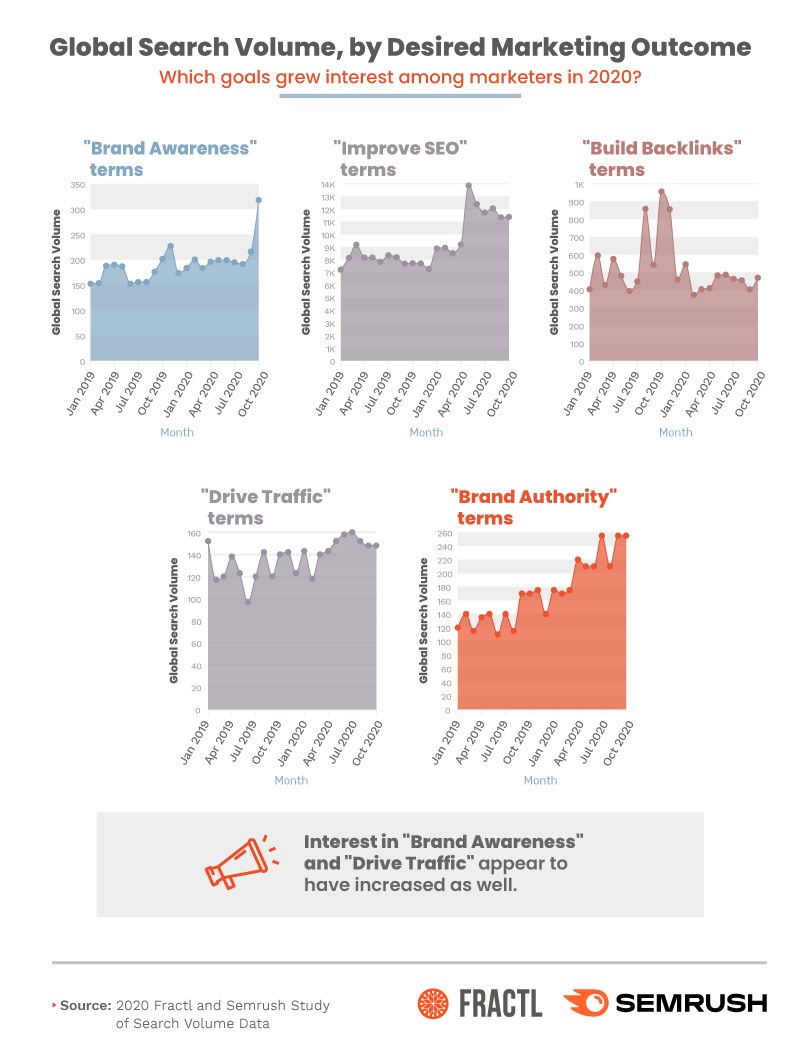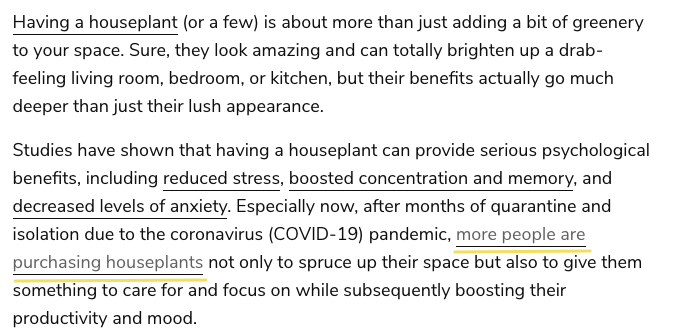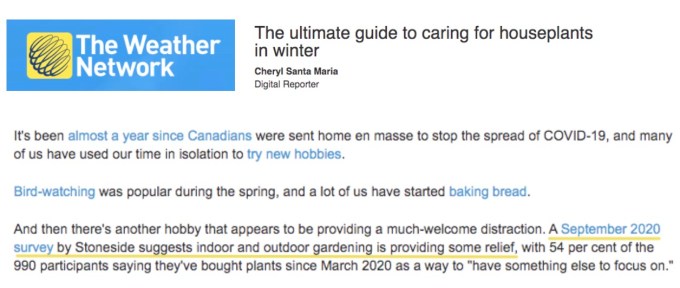
A lot of clients come to us saying they want to be more respected in their space. They know their competitors are trusted and they want the same recognition, if not more.
This feels even more important now after the absolute disaster that was 2020. Consumers and clients alike just want to be able to count on brands and not stress over whether they’re making the right decision.
Marketers seem to know this. When we teamed up with Semrush to explore keyword search data in 2020 related to marketing goals, brand awareness and authority showed steady upward trends.

Image Credits: Fractl (opens in a new window)
If you’re one of these marketers, I have some strategies you can use to improve your brand’s authority this year. It can’t happen overnight, but you can start implementing these strategies now to see results over time.
I have some strategies you can use to improve your brand’s authority this year.
Strategy #1: Get media coverage
Media coverage can build the authority of your brand in a few ways.
For one, it’s hard for people to trust you if they don’t know you exist. Of course, you can pay for ads or kill it on social to get your name out there, but media coverage has other benefits, as well.
When reputable publications and websites reference your brand and link to your site, they’re sending a signal that they trust what you have to say. It’s third-party confirmation that you know what you’re talking about and/or have something to offer.
For example, for our client Stoneside, we surveyed folks to see how many purchased and cared for houseplants in 2020.
The report got coverage on TreeHugger and Simplemost, but it also served as great context for other articles, like HelloGiggles and The Weather Network.

Image Credits: Fractl

Image Credits: Fractl

Image Credits: Fractl
Of course, getting media coverage isn’t easy. You need newsworthy content or an expert opinion to contribute, and you need to know how to pitch it to writers.
Small budget options
Are there industry blogs you can write a guest post for? Are there peers in your industry who are looking for quotes for their content? Start building connections with other industry experts. Cite their work in your content and build a rapport.
For example, I sometimes work with marketing tool brands like Semrush and BuzzSumo because those brands align well with Fractl, as we all work in the same industry.
You can also sign up for HARO, in which journalists post requests to speak to particular types of experts. However, it’s not often you’ll see relevant requests, and even then it’s a toss up whether they’ll reach out to you specifically.
Larger budget options
If you can afford it, a combination of content marketing and digital PR is the way to go. If you have resources internally — marketing folks who are savvy with data analysis and content creation — you can start by seeing if you have any internal data that would be interesting to a wider audience.
[ad_2]
Source link


